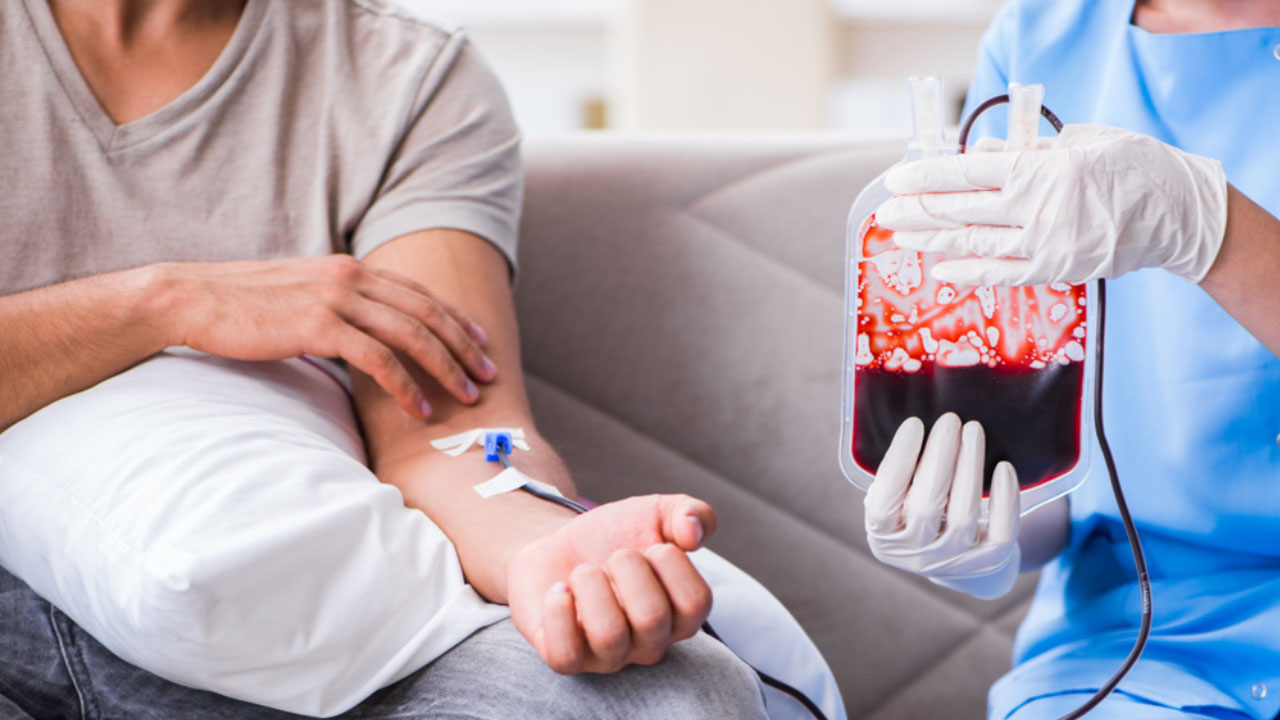Thalassemia disease is a genetic disease that is passed from parent to child. This disease is transmitted to children due to the mutation of genes. In most cases, the disease of Thalassemia is present at the time of birth. In some children, mild symptoms of thalassemia are seen, while in some cases the disease becomes very serious. If the child has thalassemia minor, the risk of it is less, but when this disease is more severe then the problems of children also increase.
- Thalassemia minor
There are many different types of Thalassemia disease. Thalassemia minor is the most common of them. This disease is mostly found in children who get its genes from their parents. In patients suffering from this type of disease, the symptoms are also not very severe. Patients suffering from Thalassemia minor are also considered carriers. In fact, symptoms of mild anemia are seen in patients suffering from this type of disease. Thalassemia minor disease is also known as beta-thalassemia. Apart from this, two genes of beta-thalassemia are found in people who have major thalassemia disease. The symptoms seen in patients suffering from Thalassemia Major can be severe.
- Thalassemia Intermedia
The symptoms seen in patients with Thalassemia intermedia are more severe than mild. Apart from this, the problems of patients are also more in the problem of Thalassemia Intermedia. In this disease, mutation of genes also occurs with two genes. Apart from this, the disease of Thalassemia Intermedia is also passed on to the children through the genes of the parents. Severe symptoms of anemia are seen in patients suffering from Thalassemia Intermedia.
- Alpha Thalassemia
In the disease of alpha thalassemia, there are mutations of four genes and all of these genes are inherited from the parents. In this disease, if there is a mutation of 1 gene then you do not show any symptoms of this disease but you become a carrier or carrier of this disease and you can pass this disease to your children. Apart from this, if there is a mutation of 2 genes, then you show mild symptoms of thalassemia and this condition is also known in medical parlance as the alpha-thalassemia trait. If you have a mutation of 3 genes, then the symptoms seen in the patient can be moderate to severe. Apart from this, if you have a mutation of 4 genes, then such children live for some time after birth. This disease is rare and in most cases, the fetus has severe anemia problems. Transfusion and bone marrow transplants are used for the treatment of this disease.
(Disclaimer: The content on this site is for informational purposes only, and should not be taken as professional medical advice. Always seek the guidance of your doctor or other health professionals for any questions you may have regarding your health or a medical condition.)

 There are mainly 3 types of Thalassemia disease and 4 different subtypes. The onset time of all these types of thalassemia disease can be different. Its symptoms and its effects are also seen differently in different patients. There are three main types of Thalassemia disease.
There are mainly 3 types of Thalassemia disease and 4 different subtypes. The onset time of all these types of thalassemia disease can be different. Its symptoms and its effects are also seen differently in different patients. There are three main types of Thalassemia disease.








.jpeg)











.jpeg)



.jpg)


.jpg)




.jpg)


